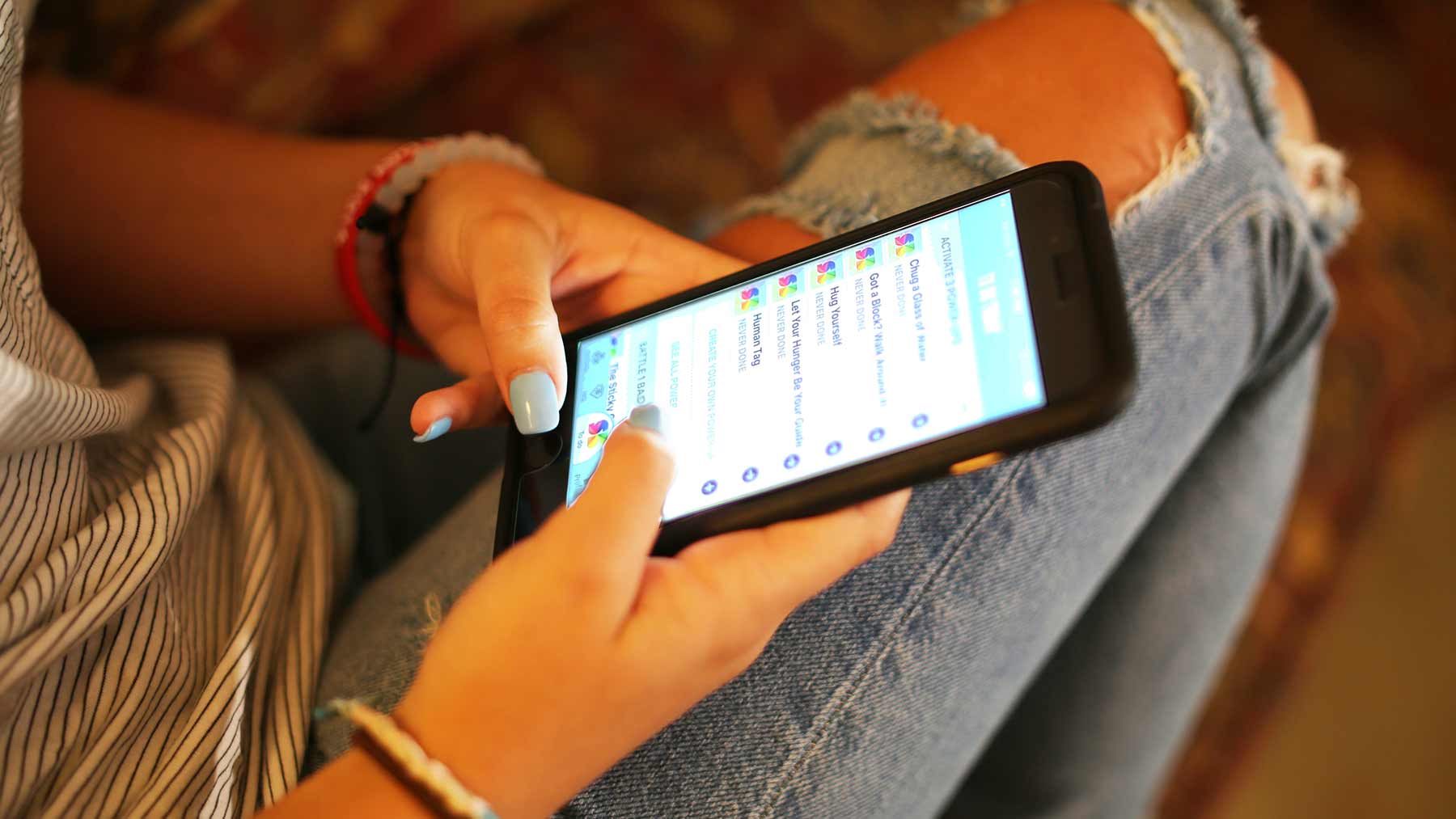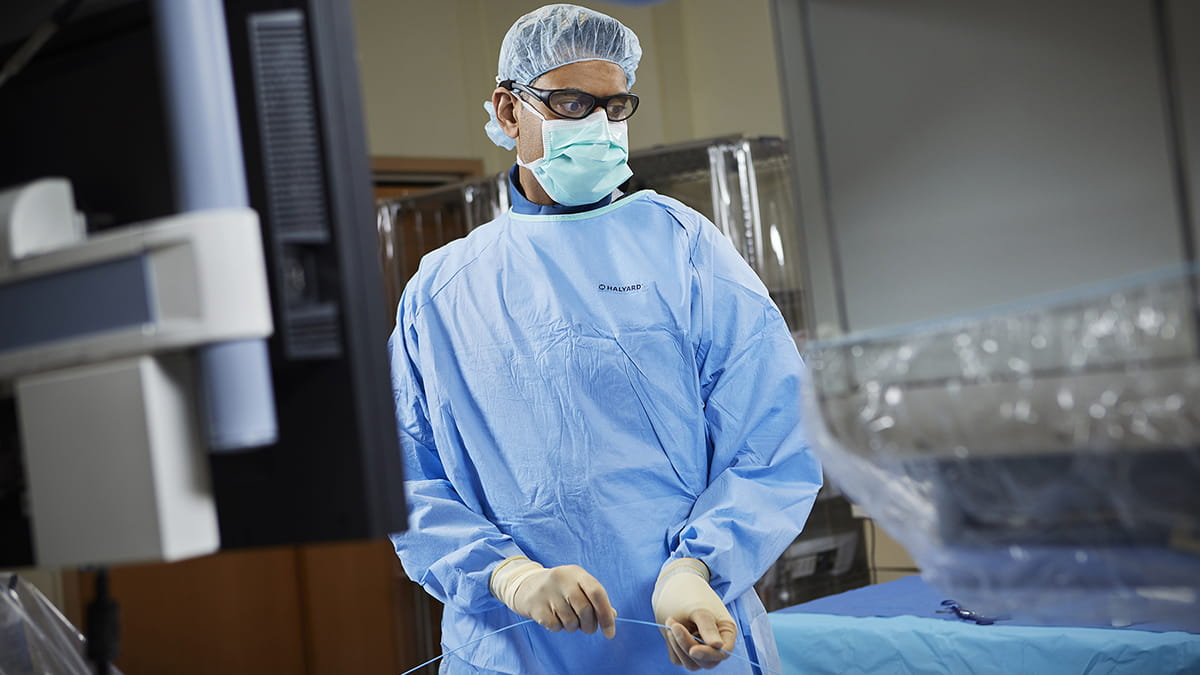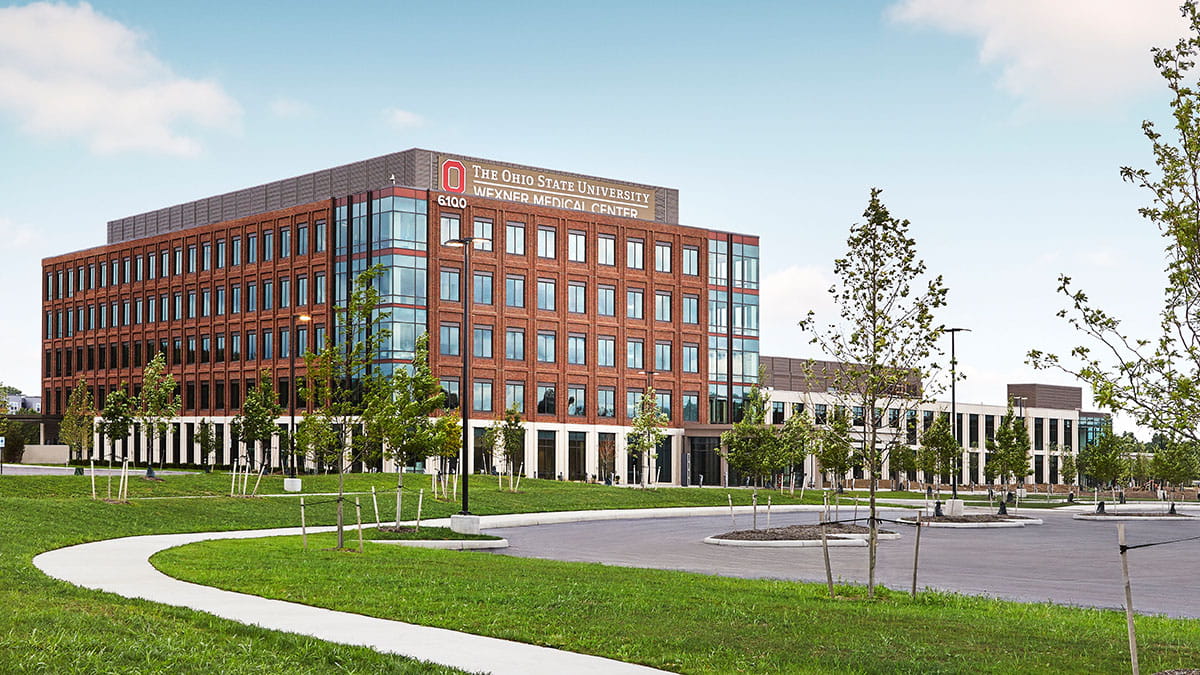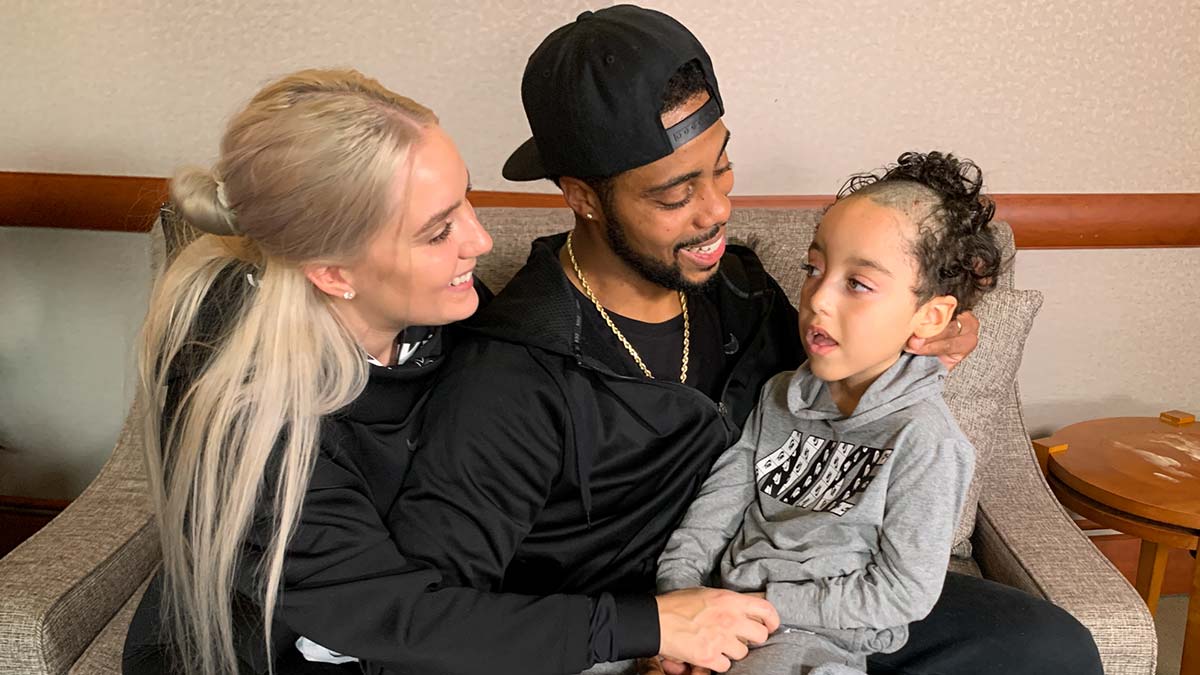App improves teens’ concussion symptoms, optimism
 If you’ve ever suffered a concussion, you likely were encouraged to avoid reading, watching TV and using mobile devices in order to help your brain heal. But what if using your mobile device could help improve concussion symptoms and optimism?
If you’ve ever suffered a concussion, you likely were encouraged to avoid reading, watching TV and using mobile devices in order to help your brain heal. But what if using your mobile device could help improve concussion symptoms and optimism?
That’s exactly what we found when we studied teenagers who used a mobile health app once a day in conjunction with medical care. We found that their concussion symptoms and optimism improved more than those patients who received only standard medical treatment.
Our research team from The Ohio State University Wexner Medical Center’s Neurological Institute and Cincinnati Children’s Hospital Medical Center collaborated on the study with Jane McGonigal of the Institute for the Future. She developed the mobile health app called SuperBetter after suffering a concussion.
The results of our study are published online in the journal Brain Injury. We studied 19 teens who received standard care for concussion symptoms that persisted beyond three weeks after the head injury. The experimental group also used the SuperBetter app as a gamified symptoms journal.
We found that mobile apps incorporating social game mechanics and a heroic narrative can complement medical care to improve health among teenagers with unresolved concussion symptoms.
Usually, cognitive rest involves limiting screen stimulation associated with popular modes of interpersonal interaction, such as text messaging and social networking on digital platforms, including Facebook, Twitter, Instagram and multiplayer video gaming, thereby blocking common avenues for social connection.
In our study, the app rewrites things you might be frustrated about as a personal, heroic narrative. So you might start out feeling ‘I’m frustrated. I can’t get rid of this headache,’ and then the app helps reframe that frustration to ‘I battled the headache bad guy today. And I feel good about that hard work.’
Concussion symptoms can include a variety of complaints, including headaches, confusion, depression, sleep disturbance, fatigue, irritability, agitation, anxiety, dizziness, difficulty concentrating or thinking clearly, sensitivity to light and noise, and impaired cognitive function.
Within the SuperBetter app, symptoms were represented as bad guys such as headaches, dizziness or feeling confused, and medical recommendations were represented as power ups, including sleep, sunglasses or an academic concussion management plan. Participants invited allies to join their personal network in the app and they could view their in-app activity and could send resilience points, achievements, comments and personalized emails in response to activity.





